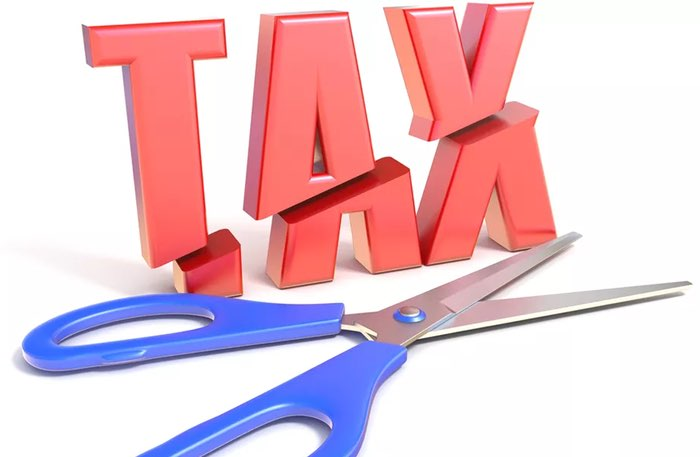
Cabinet has approved comprehensive tax reforms following directives issued by the President of the Republic in January 2023, and in line with the revised Medium Term Revenue Strategy (MTRS) passed in May 2022.
Focusing on Corporate Income Tax (CIT), Value Added Tax (VAT) and Excise Duty, the tax reforms will reduce tax rates, broaden the tax base, improve tax compliance and curb tax evasion while ensuring that tax revenues increase by 1% of GDP by FY 2025/26. Additionally, a review has also been conducted of the existing taxes and fees collected by decentralized entities.
Key Changes to the Tax Code
VAT – Government will exempt VAT on rice and maize flour for both domestic trade and imports. The move is expected to improve food security and the school feeding program.
Corporate Income Tax – The Government is reducing the corporate income tax statutory rate from 30% to 28% with an eventual target of 20% in the medium term. This will improve Rwanda’s competitiveness and position the country as a preferred African investment destination.
Excise Duty – To boost Rwanda’s tourism and MICE industry, the Government has adopted changes on taxation of high-end products, especially beverages. For instance, under the new reforms wine will be taxed up to Frw 50,000 of value meaning that the excise duty cannot exceed Frw 35,000 per liter (70% of Frw 40,000).
Property tax and rates on land tax – According to the approved tax reforms, the new rate applied on land tax has been set between Frw 0 to 80 Frw per square meter from initial Frw 0 to Frw 300 rate. A second residential house will be taxed at 0.5% of the combined market value of the house and land.The Tax rate for commercial buildings is reduced from 0.5 % to 0.3% of its market value on both building and land. Tax charges on commercial buildings are capped at Frw 30 billion.
Tax on sale of immovable property – This levy will be applied at 2% of the property value for registered taxpayers and 2.5% on non-registered taxpayers. The first five million of the sale of every immovable property will be tax exempt.
Trading License – Businesses and traders will pay a single trading license tax that combines market and public cleaning fees. Businesses with more than one branch will pay only one license per district.
Waived fees – Some fees previously charged by decentralized entities (on documents, or services) have been scrapped. The government has put in place a number of measures to ensure that the proposed changes lead to a stable revenue growth path in the medium term. (End)
The MTRS aims to implement several reforms that contribute towards the sustainable development of the country by mobilizing adequate domestic resources (taxes) while creating a modern, equitable and efficient (End)
